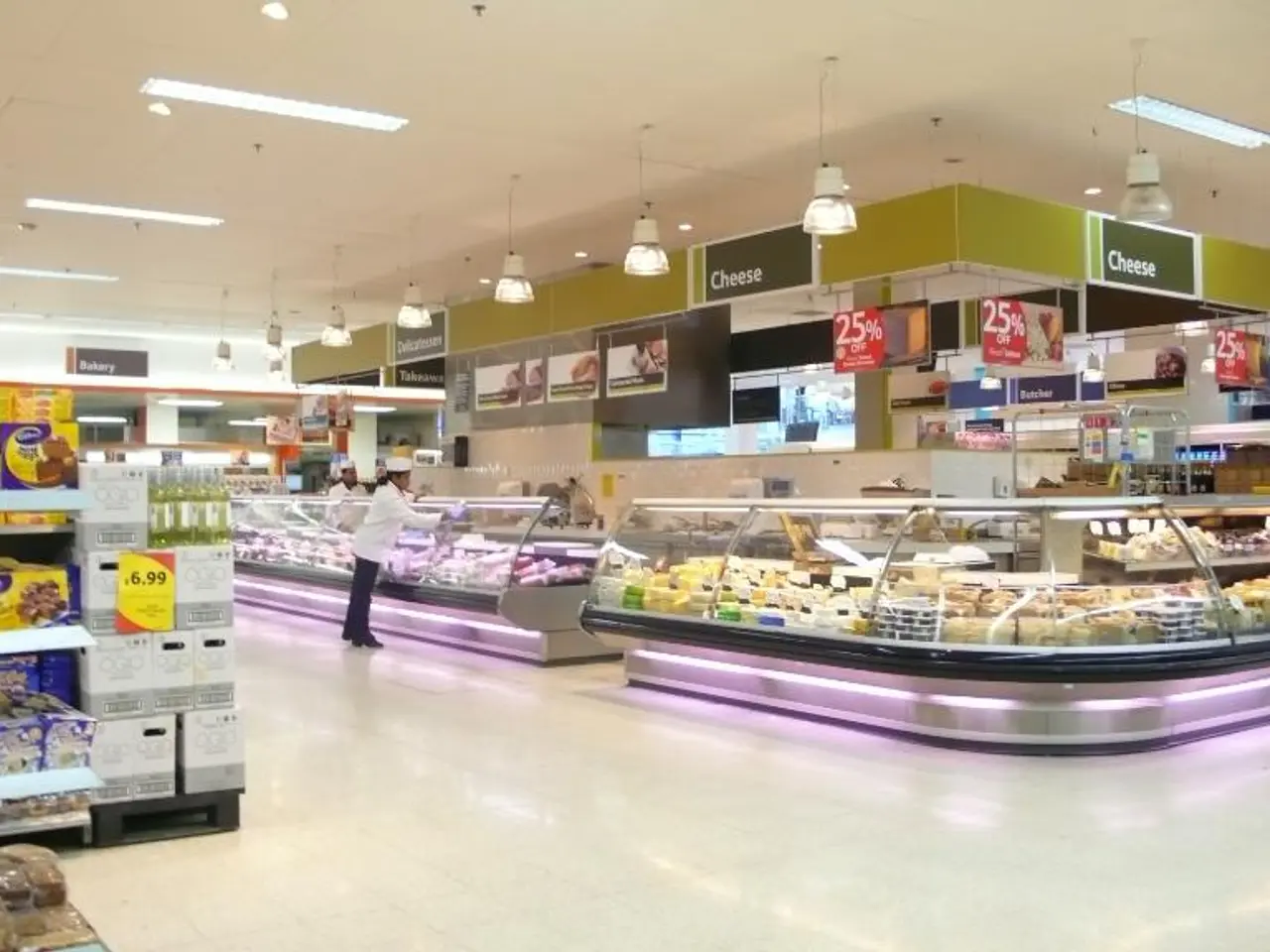Financial Year 2026 Audit Report: Court of Auditors Highlights Demanding Steps Needed
The French government's ambitious plan to save €40 billion on the 2026 budget and regain control of deteriorated public finances is facing notable challenges due to weakened economic growth and the likely necessity of temporary tax increases.
Key points outlining the challenges are:
- The government has committed to deep spending cuts, including a nearly €5 billion cut this year, with plans for €3 billion from central state spending and €1.7 billion from social security, supplementing earlier cuts and tax hikes totaling €53 billion for 2025. However, economic growth in France remains weak, which limits the government's ability to increase revenues organically through economic expansion. This economic uncertainty makes budgetary consolidation more difficult.
- Although the government aims for most of the fiscal adjustment to come from spending cuts, officials from the Ministry of Economy and Finance acknowledge that an increase in tax revenues is almost inevitable to meet the €40 billion savings target. This potential tax hike is controversial and politically sensitive; right-wing politicians express frustration over delayed spending cuts and the prospect of tax increases, fearing the government will end up relying more on taxes than on sustainable spending restraint.
- The minority status of Prime Minister François Bayrou’s government adds further uncertainty to the plan's implementation, as political stability and support for tough fiscal measures could be limited.
- The final outline of the 2026 budget with the balance of spending cuts and tax increases is expected around mid-July, possibly including a referendum, showing the sensitivity and ongoing debate over the approach.
In summary, the French government's ambitious savings goal is challenged by fragile economic conditions and political hesitations about tax increases, complicating efforts to restore public finances primarily through spending cuts and necessitating some tax hikes despite public and political resistance.
The Court of Auditors estimates that nearly 105 billion euros in budgetary adjustment efforts are necessary to achieve the government's goal. François Bayrou is required to present his orientations for the 2026 budget by mid-July with an objective of 40 billion in savings. The objectives for expenditure control are fragile and not based on "any significant structural economy."
- The challenges facing the French government's efforts to save €40 billion on the 2026 budget, primarily through spending cuts and tax increases, are compounded by the political sensitivity surrounding the possible tax hikes and the fragile economic conditions.
- The contrast between the government's ambition to achieve €40 billion in savings and the Court of Auditors' estimate of 105 billion euros in necessary budgetary adjustments highlights the difficulty of restoring public finances without significant structural economic reforms and widespread political support.







